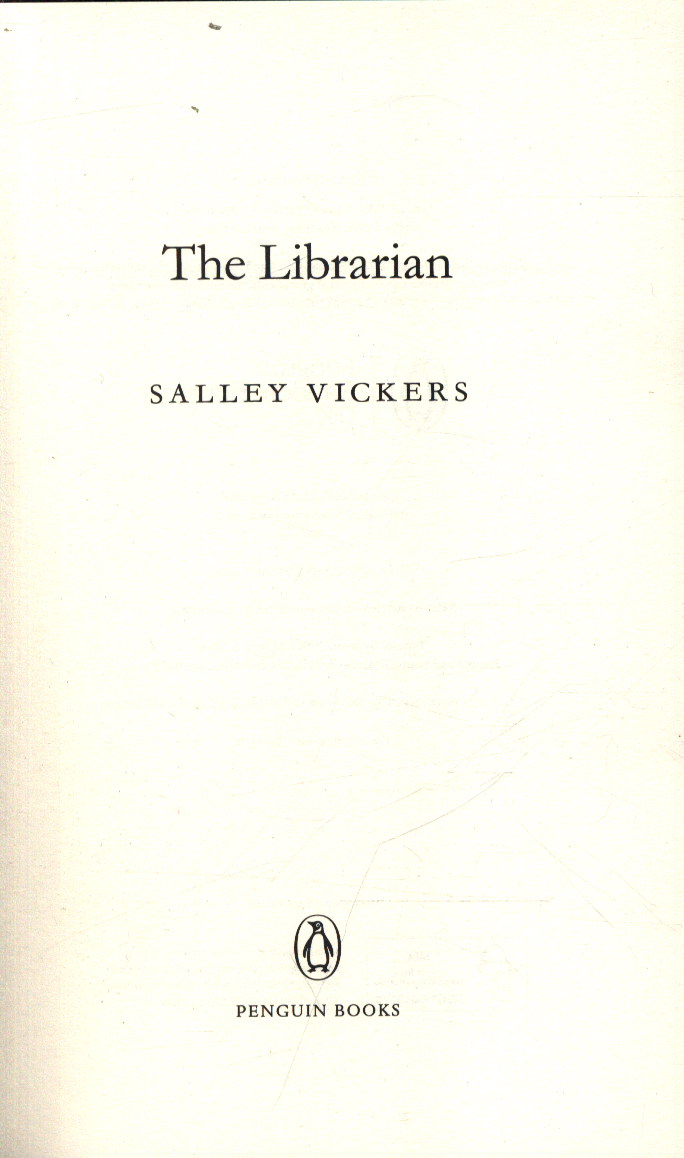



Here is some reading that reflects on family relations and the deep fissures of ambivalence we feel towards those to whom we are related. The librarian, Mr Booth, treats Sylvia’s popularity with distrust.Struggling to understand your relatives this bank holiday weekend? The novelist picks her favourite books, from Mansfield Park to Cold Comfort Farm Summer is traditionally a time for lucky families to recover from the strains of the work and school treadmill and take time together on holiday but this added space and time also allows the tensions that trammel and contain us in the web of family life to spring to life like waiting demons. When, with Sylvia’s assistance, her landlady’s granddaughter, Lizzie, passes the eleven plus exam against all expectations, Sylvia’s future and that of the children’s library seem assured.Īs in many human enterprises, rivalry and sex intervene. A generous budget means that Sylvia is able to update the collection, replacing works by 19th-century moralists with her own childhood favourites. At first, her efforts to attract East Mole’s children into the library are successful, thanks in part to the support of the Women’s Institute and her overtures to local teachers. Aged just twenty-four and a graduate of one of the new library schools, Sylvia is evangelical about the importance of reading for children. Vickers’s heroine, Sylvia Blackwell, arrives at East Mole, a ‘small middle-English country town’, in the spring of 1958 to take up the post of children’s librarian. It is set in the late 1950s, when the Second World War was a recent memory, and success or failure in the eleven plus examination determined the future prosperity of children in state education. A t a time when library services are being reduced all over Britain, Salley Vickers’s new novel, The Librarian, inspired by a ‘remarkable’ librarian whom she knew as a child, is testimony to the lifelong influence of childhood reading.


 0 kommentar(er)
0 kommentar(er)
